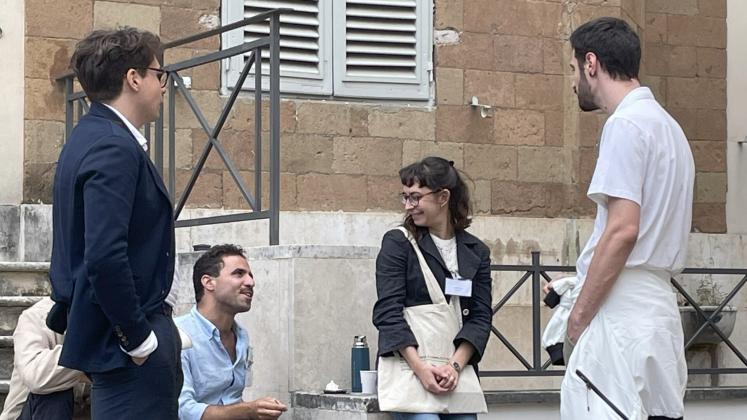In June 2023, UNU-MERIT co-organised a summer school on economic fitness and complexity (EFC) together with the Enrico Fermi Research Centre in Rome (CREF). The five-day event brought together 26 speakers - from as far afield as Peking University in China and Waseda Business School in Japan - and was a great success, attracting 43 participants and more than 100 applications from around the world.
Now, we’re pleased to share that the second edition of the Economic Fitness and Complexity Summer School will be held from 8 to 12 July 2024, at UNU-MERIT in Maastricht, the Netherlands. Aimed at PhD students and early career researchers and practitioners, this will be an extensive introduction to the economic complexity framework with theoretical and practical classes, presentations of state-of-the-art applications of economic complexity methods in different areas of social sciences, and hands-on projects in peer groups.
Learn more about our upcoming summer school here. The deadline to apply is Sunday 7 April.

Below, some of last year’s participants share their experiences and key insights gained over the five days:
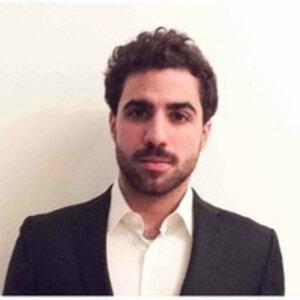
Federico Riccio, Postdoctoral Researcher at the Sant'Anna School of Advanced Studies (Pisa, Italy)
I found the Summer School on Economic Complexity to be an enriching and transformative experience. Through several engaging discussions, I gained profound insights into the intricate mechanisms through which capabilities and innovation fuel development. The program mixes lessons and tutorials on complexity methods with economics insights underscoring the need for a multidisciplinary approach for the comprehension of complex social dynamics. I wholeheartedly endorse this program to anyone seeking to broaden their understanding of global economic dynamics and unlock new avenues for impactful research and analysis.
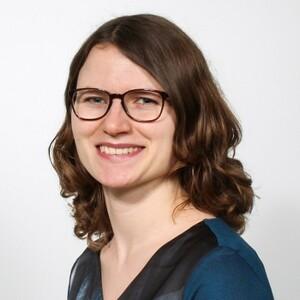
Mirella Schrijvers, Postdoctoral Researcher in Entrepreneurship at the Technical University of Munich
I really enjoyed the summer school, and it provided a good overview of the state-of-the-art research in economic complexity. The lectures and tutorials composed an interesting and varied program with plenty of opportunities to interact and get hands-on experience.
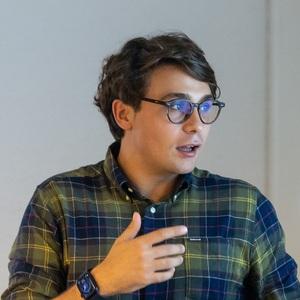
Mario Alberto Macchioni, PhD student at UNU-MERIT
The school was an excellent opportunity for me, not only to learn about the potential of this innovative methodology but also to shape the structure of my future research. Indeed, I attended the school during the first year of my Ph.D., which allowed me to develop my research interests in complexity methods and apply them to the topics that interest me the most. This was made possible by the presence of excellent professors and teachers, as well as the constructive and stimulating context in which we were immersed throughout the entire week.
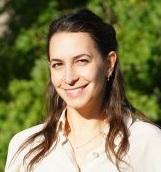
Cecilia Seri, PhD student at UNU-MERIT
The EFC Summer School has been an incredible experience: a perfect mix of theory and practical exercises that made the learning of concepts solid. Not only were the teachers always helpful and supportive, I also learned a lot from the other participants, sharing insights and perspectives. I felt enriched to learn these methods that I can apply to transversal research topics in such a pleasant environment!
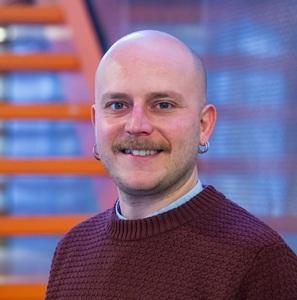
Bernardo Caldarola, Researcher at UNU-MERIT and co-organiser of the EFC Summer School series
The first EFC Summer School was a great experience that brought together a community of academic and practitioners that is growing around the economic complexity methodology and way of thinking about the economy. We were astonished to receive over 100 applications, which was far beyond our expectations, and we saw the selected participants engaging tirelessly with the training programme throughout the school. The combination of theoretical and practical classes, along with the possibility for the participants to develop their own research project during the school, have certainly constituted a distinctive element of our in-depth and intensive - but also entertaining and rich - course on economic complexity. We are very much looking forward to the next edition, learning from and improving on last year's experience.

